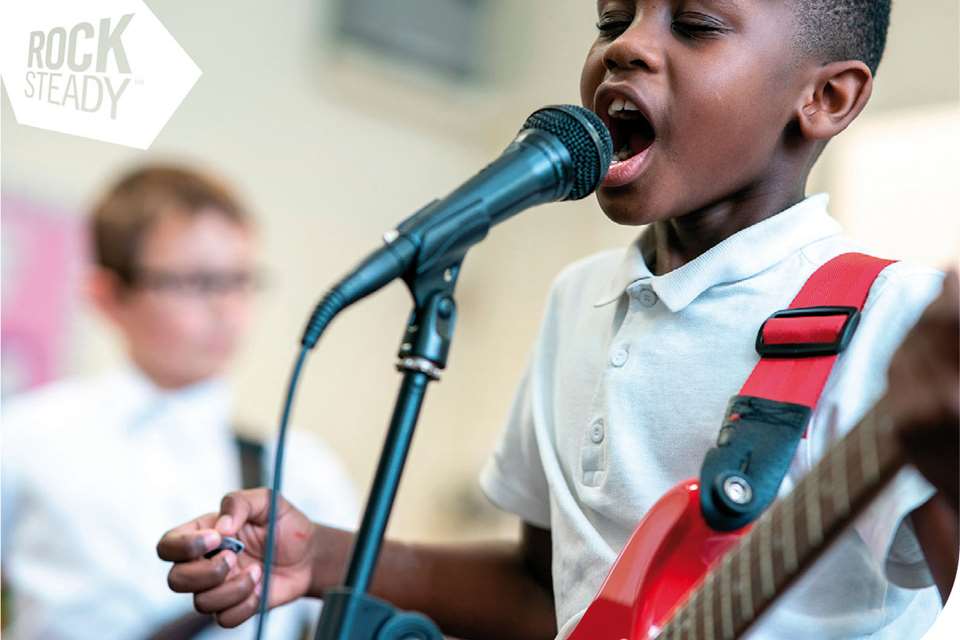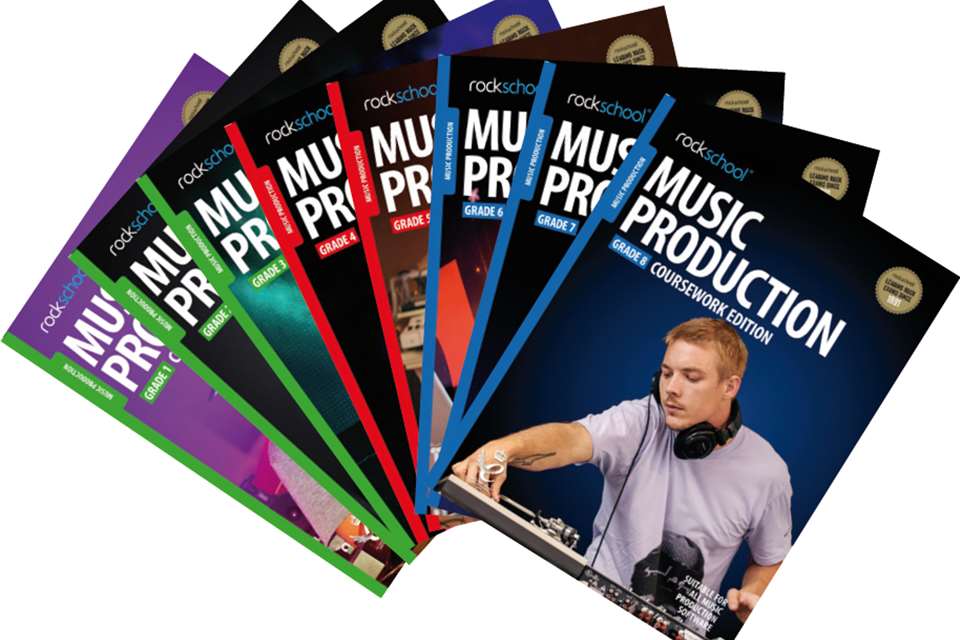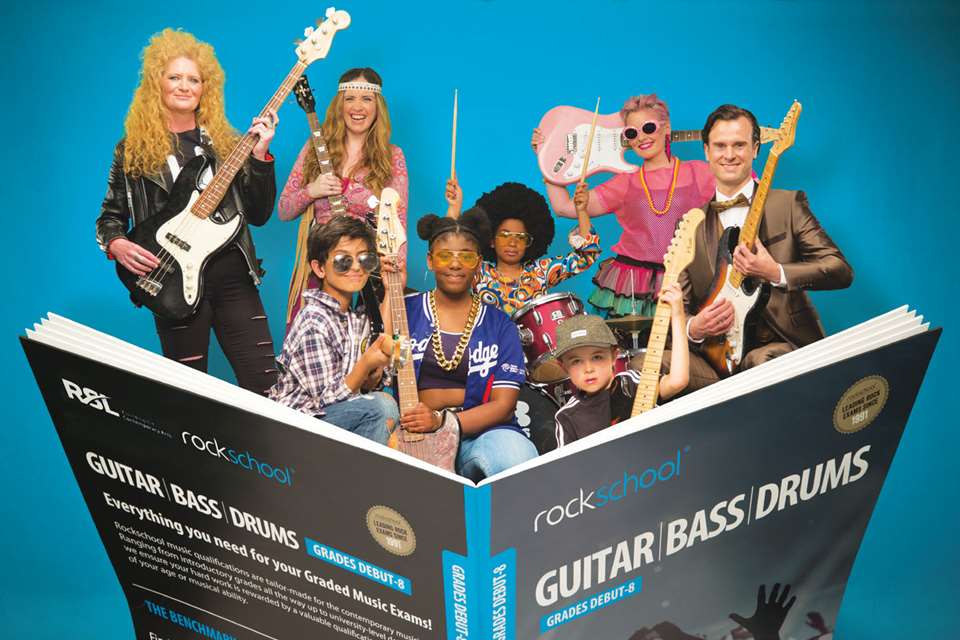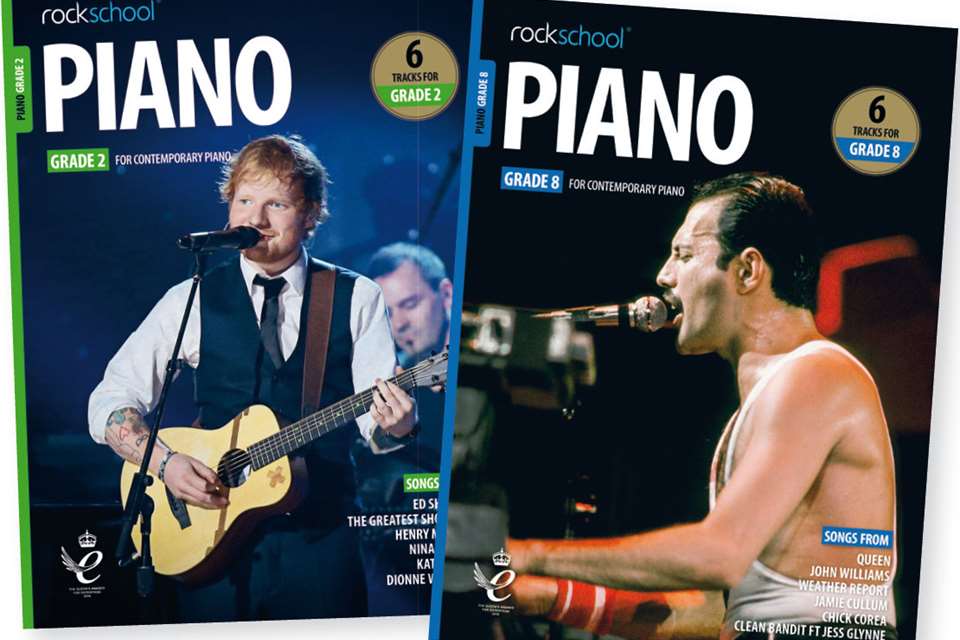‘Much more than music’: RSL qualifications
Nina Kurij, Helen Blythe, David Mastracola
Wednesday, September 1, 2021
Often known for its Rockschool brand of graded music qualifications, RSL began offering vocational qualifications in 2005. Here, three teachers who deliver RSL Music Practitioners qualifications explain how the courses have increased musical engagement at their schools.
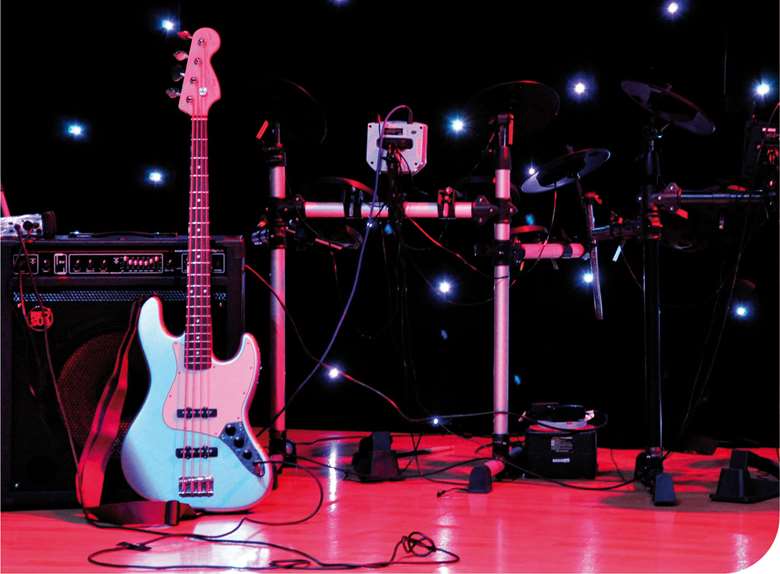
RSL
For context
In recent years, RSL's Music Practitioners (MUSPRA) qualifications have seen a surge in uptake nationally as many schools have adopted the units as part of a drive towards increased engagement and accessibility. RSL's vocational qualifications (VQs) contribute to performance measures at Levels 1, 2 and 3 and offer a non-genre or instrument specific opportunity to gain real life skills in performing, composition, technology and music business.
Well-rounded musicians: Leeds West Academy
The ethos of our music department is that we provide a varied and engaging music curriculum that develops a lifelong love of music and music making. As a department, we have seen an increasing number of students who really enjoy practical music making, and a shift towards areas such as DJing and Music Technology. When looking at our Key Stage 4 course choice, we found that the GCSE options on offer were not as accessible to all our students and the type of music making that they enjoy. When looking at alternative vocational options, we found RSL. It had been extremely successful for our post-16 students a few years before, but we had not explored the Level 2 options. We now deliver the RSL Level 2 Certificate in Performance for Music Practitioners (Performance Pathway) for all our students at KS4.
The major benefits are that we can tailor the course to the interests of the students, with some opting to focus on more technology-based units, while others focus on performance. The core units ensure that students understand how more contemporary music has developed over time and the key components in some relatable genres. Since the introduction of RSL to our curriculum, we have seen a big increase in students opting for music at KS4. The students are able to engage with music that they like to listen to and perform while developing their skills as well-rounded musicians.
The course seems to reflect the changes in the creative industry and gives the students real industry focused training. We have now started to incorporate some of the additional resources that RSL has to offer, such as the RSL Classical resources and the graded music exams. It is fantastic to see students of all ability ranges and backgrounds able to engage in a music course and produce work that they can be proud of.
Flexible and relevant: The Bewdley School
With an increasing uptake at KS4, it is essential that we meet the needs of our talented and diverse students. Previously, we offered a traditional GCSE course at Level 2 with A Level Music and Music Technology at Level 3. However, despite the successful numbers at KS4, these were not translating into increased group sizes at Level 3. So, it was time for a review.
It was at this stage that we discovered RSL MUSPRA qualifications. With increased flexibility, live performance, and continual assessment, we knew that this was the right move for our students. We found that the strength of the course lies in its flexibility and range of relevant units – we can tailor the units to the need of our students. Additionally, students are impressed by the UCAS points attached to the Subsidiary and Extended Diplomas; these courses compliment their additional A Level choices at Level 3.
Our first cohort of Level 3 students achieved Distinctions across the board, and all gained places at BIMM; they were exceptional! The following cohort saw numbers more than double, and with this the suite of qualifications was broadened to include Music Technology and Extended Diploma. We have strengthened our links with local performance venues and recording studios to ensure that the units we offer are relevant and reflect real industry experiences, as is expected from the exam board.
Following the success at KS5, we then looked at KS4. Numbers were strong but we were aware that the traditional GCSE wasn't suiting all students. Time for another review. It was obvious that we needed to embrace the RSL Level 2 course in addition to GCSE. Both courses were made available, and student numbers increased. RSL has now become our preferred option at Level 2; we have been able to run two full option groups for the past three years, regularly securing just under 33 per cent of the cohort.
With two large classes now at KS4 ranging from 20 to 31 in size, delivering RSL needs clear planning and organisation. Once you're familiar with the paperwork, it's straightforward. Devising a thorough tracking spreadsheet will make your life much easier and will allow you to monitor student progress effectively. RSL supplies a range of exemplar documentation as a starting point.
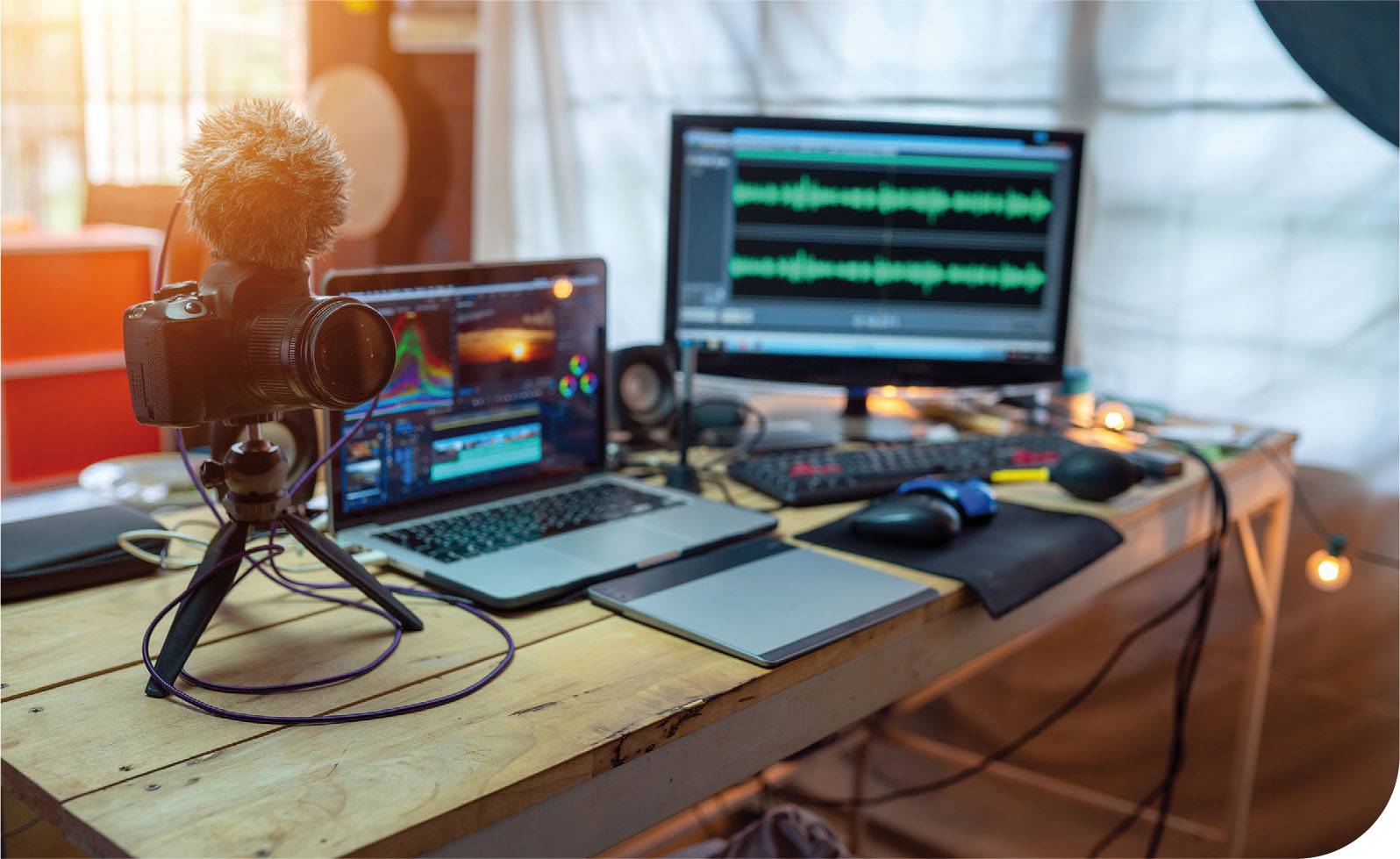
© Sutipond Stock/ Adobe Stock
Finally, what do students think about this course? Their feedback has been very positive. They seem to like the continual assessment and that they have developed not only their musical skills and knowledge, but also skills such as video recording and editing, utilising cloud storage tech, and IT skills in general. They love having the opportunity to play, and they absolutely thrive on the opportunity to perform in front of an audience. One of our Year 10 students summed it up very well recently: ‘It's just so much more than music!’
Clear path and purpose: The Bourne Academy
The Bourne Academy in Bournemouth serves a community that is currently in the top 10 most deprived areas in the country. Students often start at the Academy having had little or no experience of playing musical instruments. The Bourne Academy is a mixed secondary comprehensive school with a Sixth Form operating in a selective system with local Grammar Schools. This means that students who may have had access to private lessons on classical instruments prior to starting secondary school will, on the whole, attend the local single-sex Grammar Schools. In Year 7, the Music department proactively encourages one-to-one instrumental lessons for all students. We firmly believe that money should not dictate whether students can have lessons. With help from Soundstorm, our local Music Education Hub, and support from the school, students who cannot afford the full amount are offered subsidies, which has meant that 15 per cent of the school now has one-to-one music lessons on guitar, ukulele, drums, piano, vocals, brass, bowed strings, and woodwind.
We offer RSL Level 2 Certificate in Performance for Music Practitioners (Performing) and RSL Level 3 Subsidiary Diploma for Music Practitioners (Performing) at the Academy because we believe that students need to be well prepared for the world of work. VQs in music, whether at KS4 or 5, give students the tools and experiences that they need to carve out a career within the industry. With so many students studying contemporary musical instruments, we run around 12 concerts a year to ensure that all students are performing regularly. The students see a clear path and purpose when studying the course; it creates more confident, resilient, and ambitious musicians.
The courses are oversubscribed, and students are eager to learn about how they can forge their own career in music, be that as a musician, composer, live sound technician, or a producer. The vocational courses give the students the necessary skills and experiences to achieve, and we have seen numbers grow from eight students across Level 2 to 63 in this current academic year. While vocational courses are excellent within the school, it is also important that students are given quality opportunities to perform at professional venues. We have had students launch albums at local music venues, theatres, and festivals. The students would not be as well prepared for these opportunities without vocational courses.
Accountability measures are a significant factor in a school's curriculum design, and although the Progress 8 accountability measure may divide opinion, the Progress 8 and ALPS (A Level Performance System) score of the vocational courses that we offer continue to rise across both KS4 and 5. This is down to the nature of the course and how it engages and promotes the key skills, knowledge and experiences that are vital for any budding musician to go on to have a career in music.


